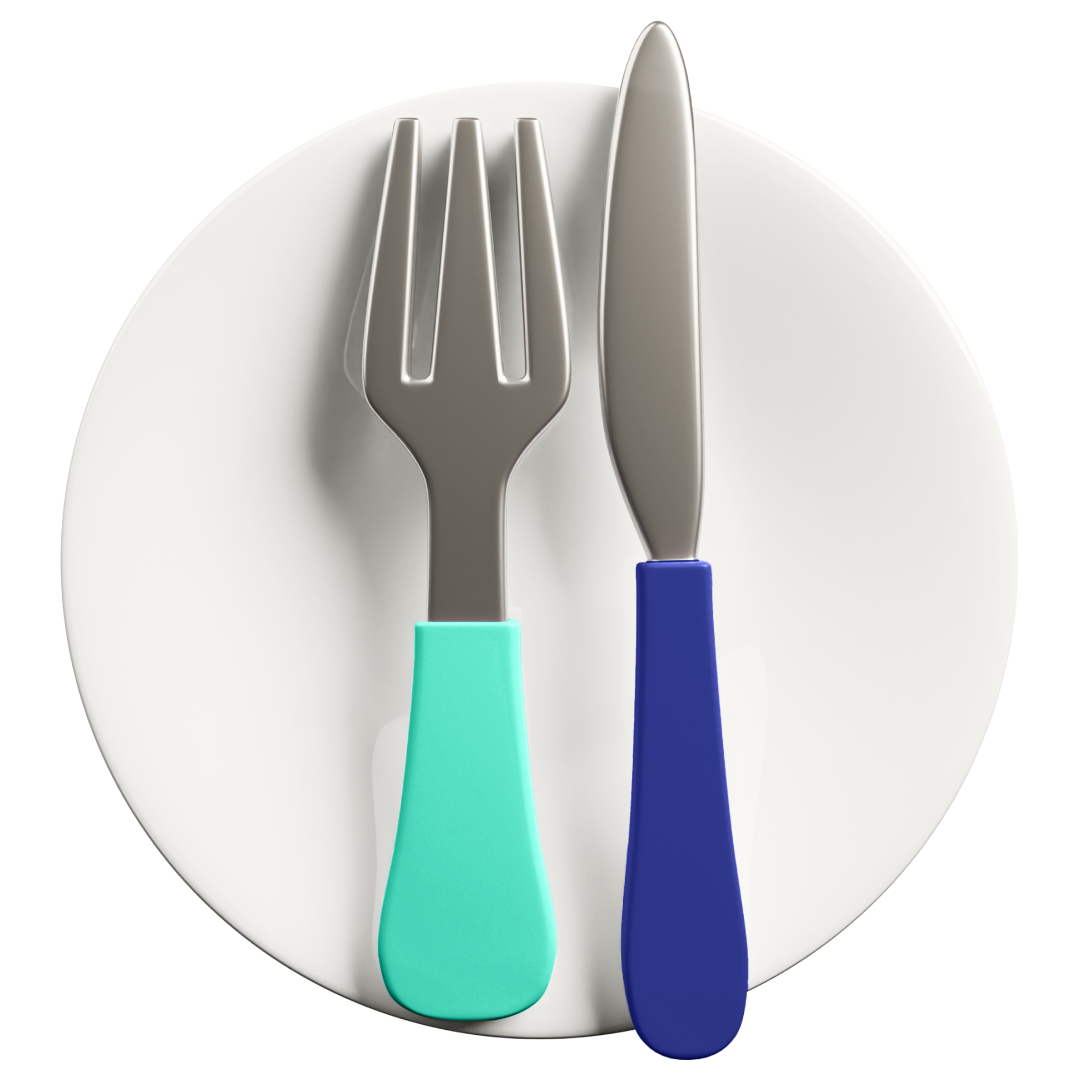Written by Elizabeth A. Haas
for Expats.cz
For those who enjoy wallowing in autumn´s more Keatsian pleasures (season of mists and mellow fruitfulness and all that) the sight of burčák, a fizzy, partially fermented wine, on menu boards across the city is a welcome one. This year you may have spotted the café crowd quaffing the sweet, pale-yellow stuff a bit earlier – or perhaps you´ve already sampled a little yourself. The prudent can thank the mild winter and sunny summer for speeding up this year´s grape harvest; the overeager can blame the gods of the harvest for their nasty hangover. (A Czech friend of mine once forewarned, “Burčák hangover, two days!” He wasn´t too far off the mark.)
It´s only natural that the people of the Czech Republic are passionate about this drink – it is unique to their country, a source of national pride. Austria and Germany produce a similar concoction, but following EU accession, half-fermented wine can be called burčák only if it hails from Moravian or Czech grapes. Moravians especially hold the elixir near and dear; the burčák tradition originated in Moravian wine cellars afterall. Moravian folk even suggest downing seven liters a year to ensure good health. (Na zdravi, indeed!) Given the potent drink´s honeyed essence – some also compare it to cider – that´s no huge feat.
Burčák season officially kicks off on August 15th and is sold through November 30th (though a few of Prague´s shadier establishments suspiciously advertise burčák in July). It´s creation coincides with the grape harvest, giving it a short shelf-life. For the unitiated, burčák is the highly drinkable grape juice that separates from the crop as it´s pressed. Purists insist that the real deal is only that liquid which is enjoyed fresh off the presses for a couple of precious hours when the sugar and alcohol reach a state of perfect harmony.
But that doesn´t mean you still can´t enjoy a burčák buzz right here in Prague. Pick up a liter at the vinárna (don´t forget to BYO container) for around 60 CZK, or order a glass at an outdoor cafe (2 dc for about 24 CZK) and fortify your burčák with a splash of waning summer sun. Wine cellars and retailers are also sure to have a supply on-hand for the sampling. Should you stumble upon the red variety of burčák, snap it up. It´s available but rare: producing red burčák is trickier than producing white.
To make your first sip of the drink an event, hop a train and get nice at one of the country´s many vinobraní or wine festivals. Karlštejnské Vinobraní (21.9 – 23.9, www.hradkarlstejn.cz) plays up it´s medieval allure with an annual celebration that features jousting and folk music. Further afoot in Mělník, (29.9 -30.9, www.melnicke-vinobrani.cz) an impressive roster of bands provide the soundtrack for a day of burčák tasting. Serious swillers should head down to Moravian cities Znojmo, Mikulov, and Valtice for street dances, open air-markets, and all manner of other Dyonisan hijinks.
Before you commence your assault on the city´s burčák supply, keep a few things in mind:
Beware Imposters
In an effort to prevent the sales of phony, watered down burčák, suppliers are now legally required to name the region where they got the goods. But that may not prevent bad batches from being sold. In fact, experts suggest that nearly 40 percent of burčák sold in the city is cut with water. Street vendors have also been known to push apple cider mixed with cheap-o wine. Fakes will look brown and muddy – real burčák takes on a milk-white or pale-yellow hue.
Transport with Care
Once you´ve filled up at the wine bar, keep the bottle cap loose as you make your way home. Some wine shops will provide a piece of cloth in lieu of a cork. Because the liquid is still in the process of fermenting it tends to get ultra-fizzy; it isn´t for nothing that kitchen-drenching explosions are at an all-time high during this time of the year.
Drink it Warm
Burčák can reach up to 25°C while still in the barrel. Connoisseurs suggest drinking it warm (though certainly don´t warm it!) and avoid adding ice. Quality will worsen the longer you hang onto your supply. Drink up – and fast.
Easy Does It
The ephemeral nature of burčák lends itself well to a sort of get-while-the-gettin´s-good abandon. And while the drink´s healthful properties are often touted (it´s high in Vitamin B and other essential minerals), it´s alcoholic ones – alcohol content ranges from 1-7 percent – can sneak up on you. Drink with caution, or at the very least call out sick in advance.












 Reading time: 4 minutes
Reading time: 4 minutes 
 English
(Proficient)
English
(Proficient)














